The Health Benefits of Hummus
Traditional hummus is a nutrient-dense dip that originates from the Middle-East and is made from chickpeas, blended with tahini, olive oil, lemon juice, garlic and grounded cumin. What makes hummus an amazing food to eat is not just the taste, but also its amazing health benefits.
Here are 12 scientific reasons for choosing hummus as your snacking option !
- Hummus is rich in Vitamin A, vitamin D, vitamin B7, vitamin E, Vitamin c, zinc, iron and protein making it great for the overall health of one’s hair, skin and immune system.
- Studies show that consumers of chickpeas and/or hummus have higher nutrient intakes of dietary fibre, polyunsaturated fatty acids, vitamin A, vitamin E, vitamin C, folate, magnesium, potassium, and iron as compared to non-consumers.
- According the Mayo Clinic, the healthy fats contained in hummus are polyunsaturated and monounsaturated fats. Consumption of these fats may help improve blood cholesterol levels, decrease the risk of heart disease and help control blood sugar.
- Research suggests that consumers of chickpeas and hummus have lower BMIs and waist measurements. They’re also 53% less likely to be obese.
- Hummus contains chickpeas, olive oil and sesame seeds (tahini), which are proven to have anti-inflammatory properties.
- Omega-3 fatty acids present in hummus help in skin care and stimulate hair growth. Chickpeas in it contain manganese that helps prevent skin sagging and hair loss. Zinc, in it, works as an antioxidant and helps delay aging and prevent hair thinning.
- According to Anthony B Miller, Professor of Oncology and Precision Oncology Medicine, hummus is rich in phytic acid and saponins, which helps slow the progression of cancerous cells. It is a good resource that keeps the harmful toxins from binding with the colon lining and flushes them from the body thereby preventing colon cancer.
- The chickpeas in it also contain isoflavones and phytoestrogens, which are linked with reduced risk of lung cancer.
- Hummus is rich in protein. Hummus and tahini, both contain calcium, zinc, copper, phosphorus, magnesium, and selenium, which help improve the bone mineral density.
- Hummus is a good source of fibre, which helps in maintaining a healthy digestive system. Its consumption has been proven beneficial in the regulation of bowel movements and brings relief from constipation.
- Hummus is a great source of vitamins and minerals for pregnant women. Hummus being rich in folate helps in preventing the threat of birth defects in the babies, known as spina bifida. The amino acids, present in it, help elevate the mood and promote better sleep.
- With chickpeas as its primary ingredient, hummus—and especially when paired with vegetables and/or whole grains—is a nutritious way for people to obtain their recommended servings of legumes.
Recipe :
Beetroot Hummus :
Ingredient
- 1 small boiled beetroot.
- 1 cup soaked and cooked chickpeas (soak chickpeas for 10 hours with water being changed
- in regular intervals).
- 1/2 large lemon (juiced)
- Pink himalayan salt and black pepper – as per choice.
- 2 large cloves garlic (minced)
- 2 heaped Tbsp tahini ( roast sesame seeds and grind it to a smooth paste).
- 3/4 cup extra virgin olive oil.
Method –
- Blend the boiled beetroot, followed by cooked chick peas.
- Add garlic, tahini, lemon, tahini, salt and pepper.
- Add oil, blend it again.
- Drizzle some olive oil and roasted cumin powder.
- Hummus is ready to serve.
References :
- https://www.ncbi.nlm.nih.gov/pmc/articles/PMC5188421/
- https://www.mdpi.com/2072-6643/8/12/766
- https://www.1mhealthtips.com/hummus-reduces-your-cancer-risk-by-50-and-hummus-recipe-for-cancer/
- https://www.organicfacts.net/hummus.html
- https://www.healthline.com/nutrition/is-hummus-healthy#section6
- https://www.longdom.org/open-access/chickpeas-and-hummus-are-associated-with-better-nutrient-intake-diet-quality-and-levels-of-some-cardiovascular-risk-factors-national-health-and-nutrition-examination-survey-2155-9600.1000254.pdf
|
From a pimple to cancer, our You Care Wellness Program helps you find a way Talk to our integrative team of experts today 18001020253 |

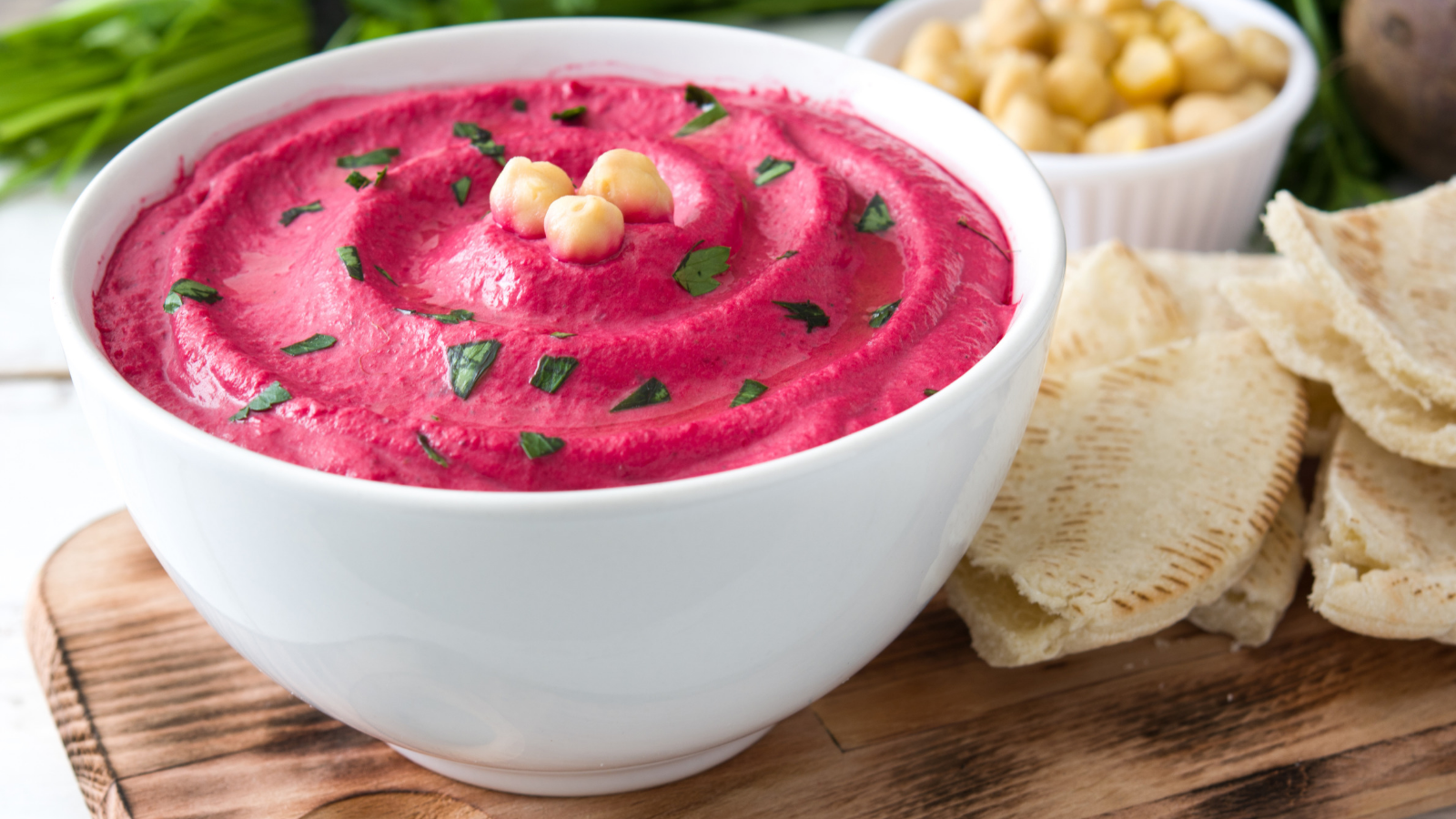
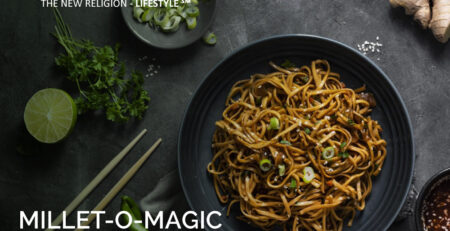
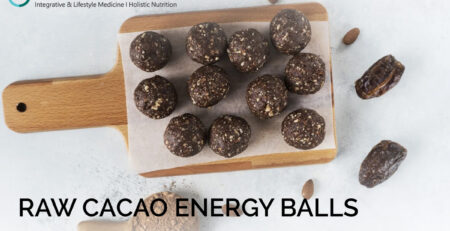

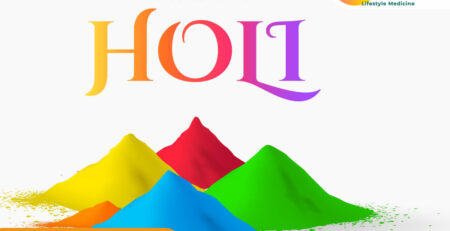

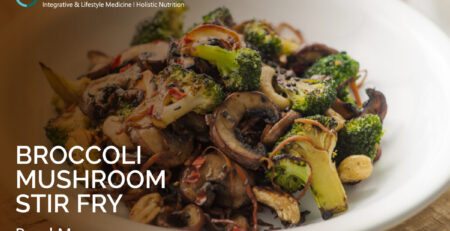
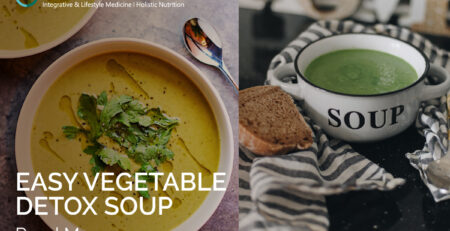
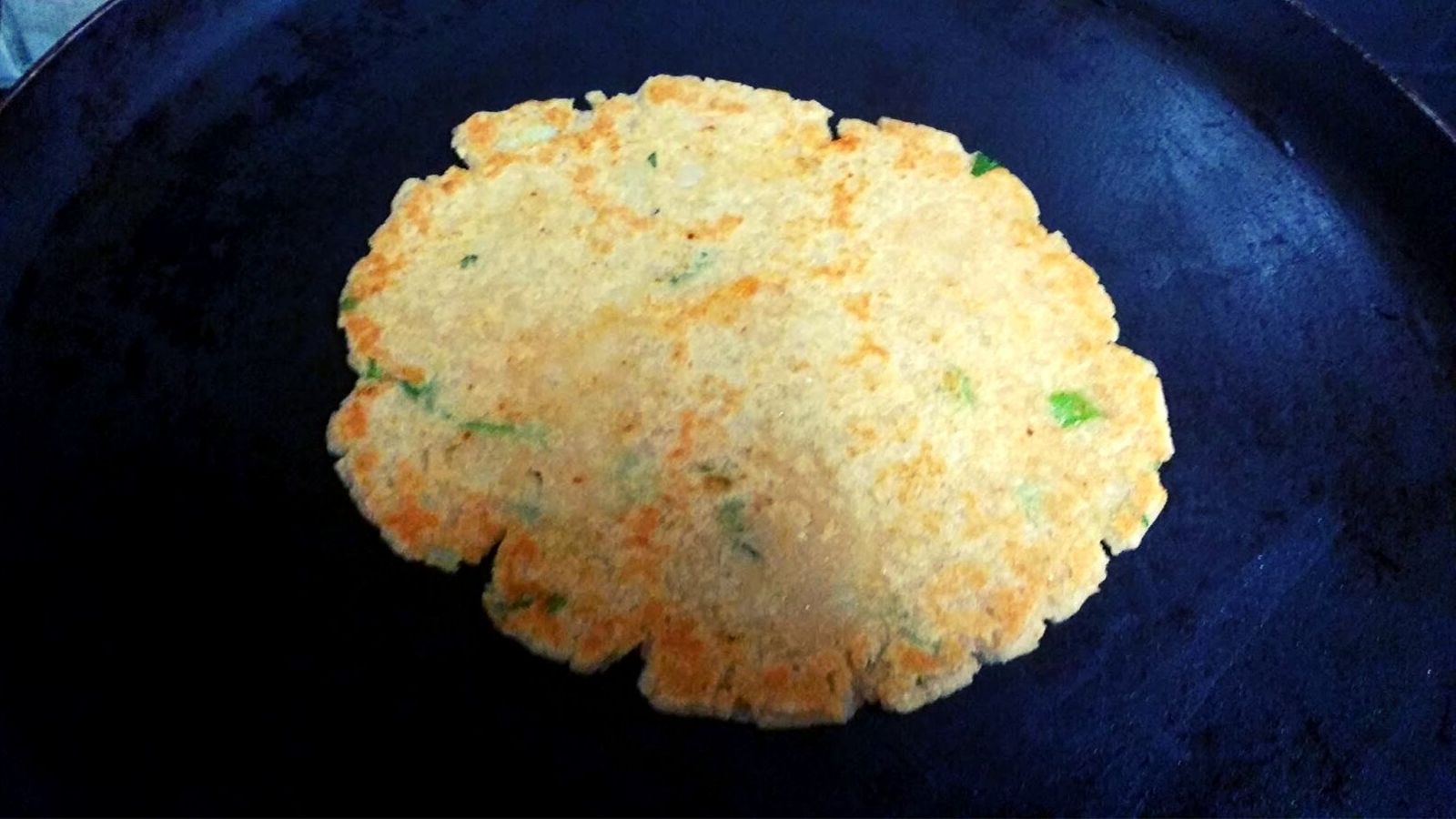
Leave a Reply